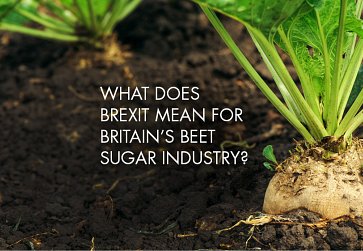News
25 May 2017
What does Brexit mean for Britain’s beet sugar industry?

Britain’s sugar industry owes its existence to a period of poor European relations. When the British Navy blockaded Napoleon’s ports, the French leader experimented by growing sugar beet to feed his people. The industry was so successful that it later spread across the Channel.
Brexit negotiations will hopefully be carried out in a more friendly spirit, but they offer opportunities and raise risks with which policymakers are only just beginning to grapple. The British beet sugar industry is a prime example of the complex issues involved. When Britain leaves the EU, it will have the ability to set its own trade policies on a great many issues – sugar included. At a dinner at The Spectator’s offices, sponsored by British Sugar, a group of policymakers, MPs and journalists sat down to discuss the issues at stake.
Britain’s home-grown sugar industry is highly successful. Sugar beet is grown in Britain and processed in four advanced manufacturing plants belonging to British Sugar, a subsidiary of Associated British Foods, supplies about 50 per cent of the UK’s demand for sugar. The industry supports 9,500 jobs in the UK economy and does not require subsidy: its plants are among the most efficient in the world. Besides sugar, the industry produces animal feed, electricity and bioethanol – a bio fuel added to petrol.
You can read the full blog in The Spectator from Ross Clark here











